Our Field Engineers support customers with above-and-beyond technical support to help troubleshoot the most complex mechanical issues. We interviewed Barry on his role working with industrial customers.


Q: WHAT DOES A DAY IN YOUR LIFE LOOK LIKE?
No two days are the same, however I have several main areas of responsibility. The first is Application Engineering —making appropriate lubricant product recommendations to ultimately improve equipment reliability. The second is Quality Control. I investigate reported concerns about lubricant product quality or performance, and I verify that our marketers comply with our Marketer Operations Standard for product handling and storage. Third, I provide In-Person
Technical Training for our marketers and end users. As a life-long learner myself, I enjoy educating and teaching the science of lubrication and best practices.
Q: HOW CAN A CONDITION MONITORING PROGRAM HELP A CUSTOMER’S OPERATION?
A well-designed program can provide early warning signs of equipment or lubricant problems. We can often diagnose and intervene before an unscheduled downtime event, or before a costly failure occurs. Whether the issue is lubricant related or not, we have the expertise to understand and troubleshoot those complex industrial processes.
Q: IN ADDITION TO EQUIPMENT RELIABILITY, WHAT ARE SOME OTHER BENEFITS OF USING THE PROPER LUBRICANT FOR A SPECIFIC APPLICATION?
The proper lubricant recommendations have manifold benefits:
- Ensures satisfaction of OEM requirements for warranty purposes;
- Extends equipment and lubricant life;
- Reduces lubricant consumption;
- Can reduce the number/type of lubricants in an operation’s inventory, aiding in inventory management and reducing possible misapplications.
Q: CAN YOU SHARE A SPECIFIC EXAMPLE?
One of the refineries in my region was experiencing issues with mechanical seal failure on a high-temp pump. I worked with the rotating equipment engineer on a multi-prong solution: one piece was replacing the Syncon® Barrier Fluid they were using with a different viscosity grade – ISO 32 instead of ISO 5. They took the pump down, changed and serviced the fluid, and along with some other mechanical changes, it’s now a solid performer.
Q: WHAT’S YOUR FAVORITE PART OF YOUR JOB?
It’s a great feeling to help customers solve operating and maintenance problems, and bring that extra value to the supply relationship. The consultative aspect I enjoy; getting to collaborate to work on issues and solutions. As a Chemical Engineer, I also enjoy learning about and understanding new industries and industrial processes.
Q: WHAT IS THE MOST COMMON REQUEST YOU GET FROM CUSTOMERS?
One common request I get is to help customers establish a well-designed condition monitoring program using oil analysis. I then assist in interpreting those analysis reports to determine possible causes of equipment failure.







